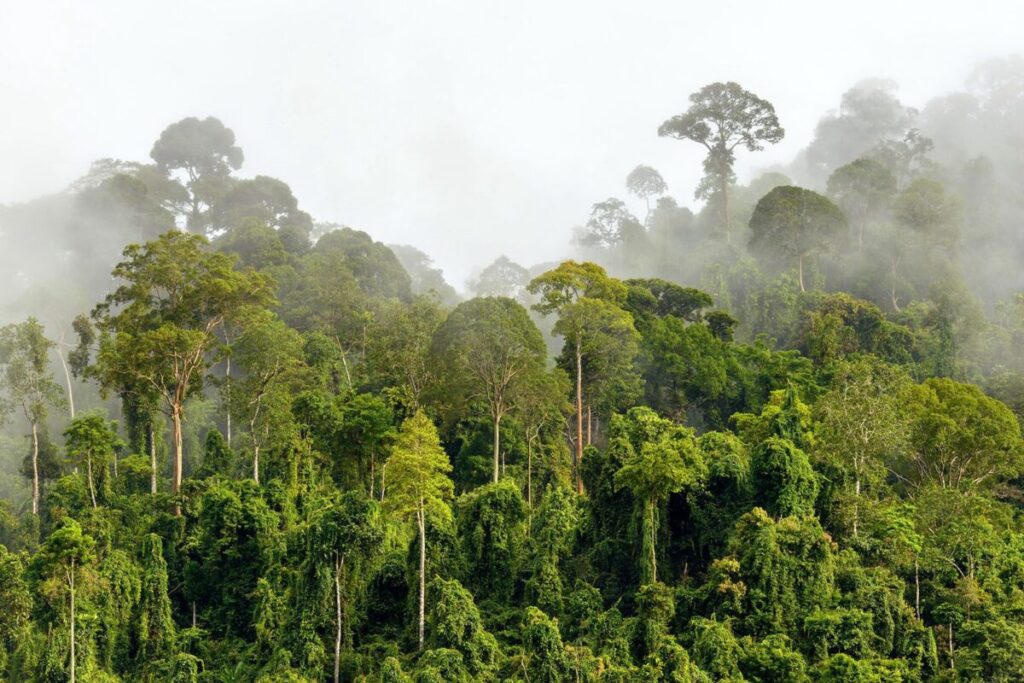As climate change reshapes our planet, innovative solutions are more urgent than ever. However, a one-size-fits-all approach cannot address the diverse challenges different regions face. This is where unique climate solutions with unique climate needs become crucial, offering tailored approaches for environmental sustainability.
Understanding Regional Climate Challenges
The world’s climate varies from tropical rainforests to deserts and polar ice caps. Each region faces distinct environmental challenges that demand specific interventions. For example, tropical regions contend with rising temperatures and heavy rainfall, while polar areas struggle with melting ice caps and permafrost thawing. Adapting to climate change requires unique climate solutions that leverage technology, innovation, and indigenous knowledge tailored to local conditions.
Innovations Tailored to Climate Needs
1. Water Management in Arid Regions
Water scarcity is a significant threat in arid and semi-arid areas. Countries like Israel have pioneered drip irrigation technology, which reduces water waste and enhances crop yields. These systems exemplify unique climate solutions tailored to dry climates, addressing water scarcity through efficient resource use.
2. Flood Management in Coastal Areas
Coastal regions face increased flooding due to rising sea levels. Countries like Bangladesh use natural solutions, such as mangrove restoration, to create flood barriers. These efforts showcase unique climate solutions that adapt to specific challenges, protecting coastal areas from frequent storms and erosion.
3. Renewable Energy in Tropical Regions
Tropical areas, rich in sunlight, are ideal for solar energy projects. India’s solar energy boom highlights how unique climate solutions can reduce fossil fuel dependency while providing sustainable energy to remote areas. By harnessing natural resources, tropical regions promote sustainability and energy access.
Indigenous Knowledge and Local Adaptations
Indigenous knowledge plays a vital role in climate adaptation. Communities in the Amazon Rainforest practice agroforestry, promoting biodiversity while preventing deforestation. Integrating traditional knowledge with modern technology ensures that unique climate solutions are both sustainable and culturally relevant.
Conclusion
Addressing climate change requires region-specific solutions. From managing water in deserts to protecting coastal areas from floods, each region’s unique challenges demand tailored approaches. By focusing on unique climate solutions with unique climate needs, we ensure that all regions can adapt to climate change while promoting global sustainability
